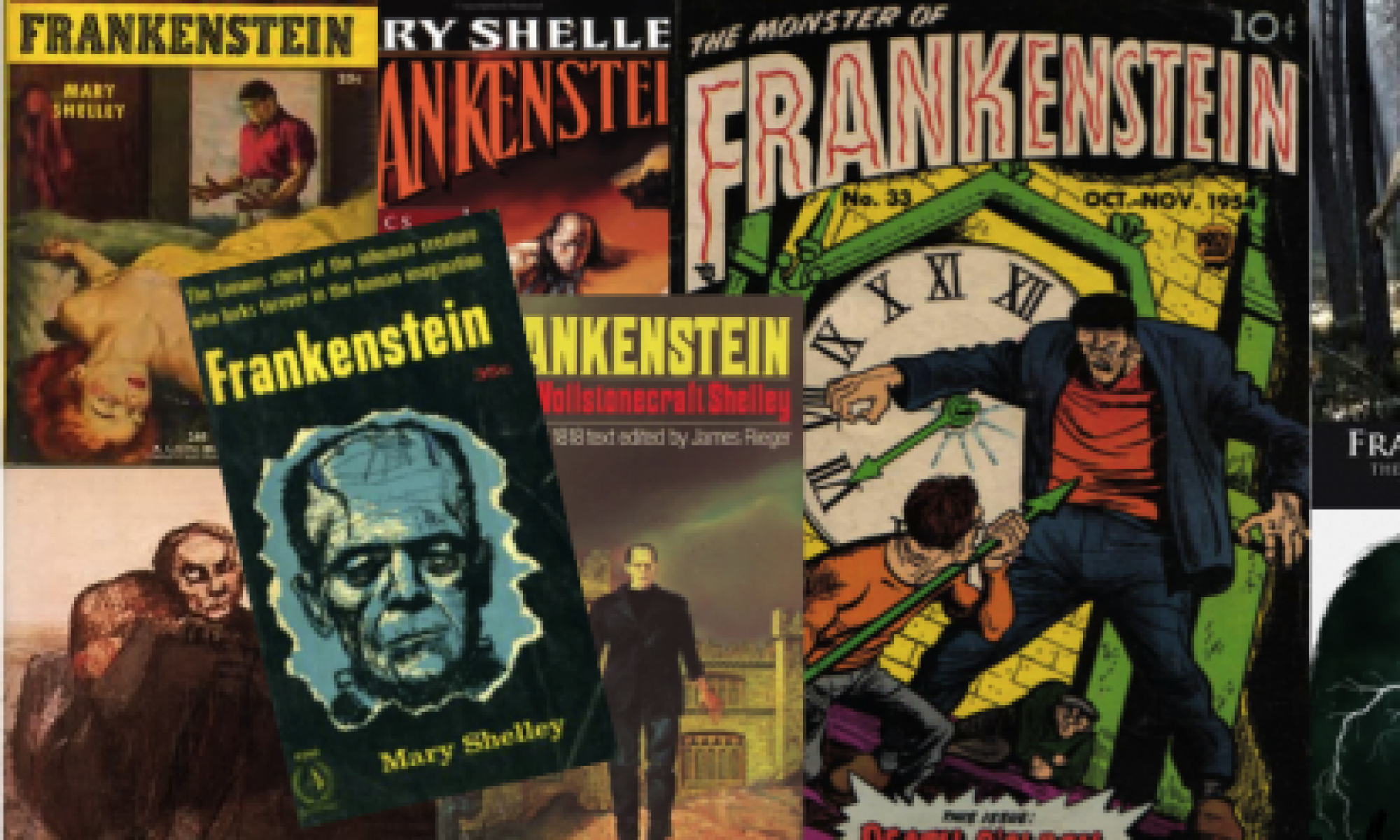I believe that the Monster (who will be referred to as Frank) was an example of the “Tabula rasa” branch of philosophical thinking. Tabula rasa is a centuries old idea, originating from the works of Aristotle. Aristotle’s original idea states that the mind is similar to a wax seal, and that an impression must be made to create the personality and intelligence of a person. This theory is also the basis for the nurture train of thought, which states many of the same things. I believe this applies to Frank in three different ways; His childlike innocence, interactions with humans, and lack of control over his own faculties placed Frank into an unwinnable position.
Frank’s innocence is portrayed throughout the first volume in “When I looked around I saw and heard of none like me. Was I, a monster, a blot upon the earth from which all men fled and whom all men disowned?”. This quote describes Franks difficulty coming to terms with who he was, and what others were in relation to him. Frank struggles to see why he is ostracized from other “Humans”, as this is because he hasn’t come to the realization that others don’t consider him human. This leads directly into Franks second dilemma.
Frank is constantly trying to compare himself to humans before he fully realizes that others do not consider him to be so. His first experience with a human is quite literally his father being disgusted with him, and everything afterwards was downhill. The french family in the woods may have pushed him over the edge because they were very likely his last chance at being normal and accepted. These experiences culminate when Frank speaks to Victor saying, “All men hate the wretched; how then, must I be hated, who am miserable beyond all living things! Yet you, my creator, detest and spurn me, thy creature, to whom thou art bound by ties only dissoluble by the annihilation of one of us.” which shows that Frank has been fully stripped of his innocence and become a fit for the descriptions that are being given to him by others.
“Was there no injustice in this? Am I to be thought the only criminal, when all human kind sinned against me?” shows that Frank understands what others think of him, and fully understands what he had done in terms of the murders and sins he committed against Victor and his family. Frank doesn’t show remorse, only sorrow that no one had taken the time to understand why he was doing what he did. His upbringing was out of his control, and the few things Frank could control were stripped away from him (getting a wife, meeting others) by others, and this sent him far over the edge.
Frankenstein fully comes to term with who he is when he says “The fallen angel becomes the malignant devil. Yet even the enemy of God and man had friends and associates in his desolation; I am alone.”. I believe that Frank’s circumstances molded him into the monster he eventually became, and that the Tabula rasa theory applied specifically to him because of his extraordinary birth circumstances. Tabula rasa explains exactly where Victor went wrong with Frank, and that if any of those three overarching themes had been positive, the story of Frank would be drastically different.
(all quotes from our book)
